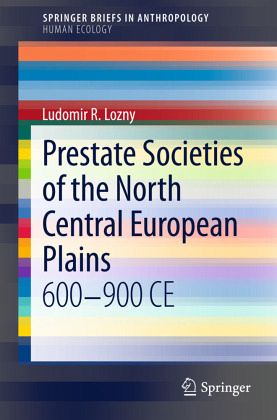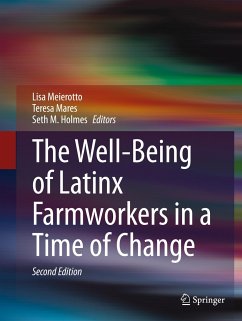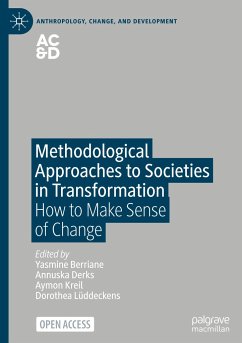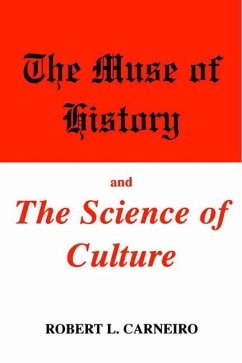
Prestate Societies of the North Central European Plains
600-900 CE

PAYBACK Punkte
16 °P sammeln!
This volume offers a new perspective on social dynamics and culture change in the North Central European Plains (NCEP) from 600 to 900 CE. It discusses long-term causal processes leading to the formation of state at the fringes of the Merovingian and Frankish Kingdoms, the Carolingian and the Holy Roman Empire, the Scandinavian Kingdoms, the Czech Kingdom, and the Kingdom of Rus. The central problem addressed is how to account for and explain the transition from noncomplex to supra-tribal polities between 600 and 900 CE. The examined evidence shows that a very basic community-level management ...
This volume offers a new perspective on social dynamics and culture change in the North Central European Plains (NCEP) from 600 to 900 CE. It discusses long-term causal processes leading to the formation of state at the fringes of the Merovingian and Frankish Kingdoms, the Carolingian and the Holy Roman Empire, the Scandinavian Kingdoms, the Czech Kingdom, and the Kingdom of Rus. The central problem addressed is how to account for and explain the transition from noncomplex to supra-tribal polities between 600 and 900 CE. The examined evidence shows that a very basic community-level management of common pool resources seems a successful strategy to manage short term risk and may lead to sustainable higher level political organization. In conclusion it present a models of social dynamics of the NCEP, 600-900 CE that suggests that the state formation process was an outcome of spontaneous processes and deterministic factors occurring within a period of approximately 400 years, of which the last two hundred years (800-900 CE) were the most critical. In a broader context, the point discussed is that decisions with short-term goals have long-term consequences.














